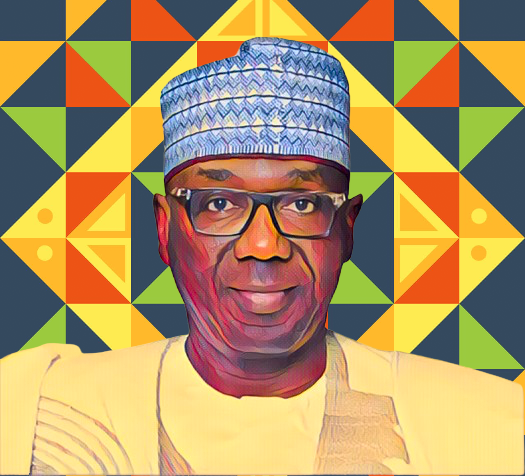As the tenure of Governor AbdulRahman AbdulRazaq nears its conclusion, the political landscape in Kwara State is becoming increasingly charged with discussions about his successor, particularly with respect to the delicate balance of identity politics. The debate is intensifying over which of Kwara’s senatorial districts should be represented in the gubernatorial seat post-2027, reflecting deeper socio-political undercurrents.
Former House Majority Leader, Chief Iyiola Oyedepo, advocates for a merit-based rather than region-based approach, emphasizing a governance model that transcends sectional interests. Contrarily, another ex-leader, Chief Wole Oke, argues that fairness dictates the governorship should rotate to Kwara North—a region that has not yet produced a state governor since Nigeria’s return to democracy 25 years ago.
This contention is not merely about political representation but also about addressing long-standing disparities and ensuring equitable development across all regions of the state. Kwara South, boasting the largest number of local councils, is seen by some as having a demographic advantage that some local leaders suggest could be leveraged in upcoming elections to assert political dominance.
However, the push for regional representation is complicated by the existing political and ethnic tapestry of Kwara State. The state’s majority Yoruba population is predominantly situated in 13 out of the 16 local councils, with minority groups concentrated in the remaining areas. This demographic layout is pivotal in shaping the political calculations of various stakeholders who either support or oppose the idea of rotational governorship based on the senatorial district.
Amid these discussions, political groups like Kwara South Mandate are gearing up to use their numerical strength to influence future electoral outcomes, aiming to break the cycle of political marginalization. Their strategy underscores the growing sentiment among many that political power should be more reflective of the demographic and geographic diversity of the state.
The discourse surrounding the governorship succession is further complicated by the legacy of past administrations. The state capital and surrounding areas, predominantly within Kwara Central, have enjoyed significant political representation over the years, which some argue has come at the expense of other regions. This historical imbalance feeds into the current debates, with proponents of change arguing for a shift in political focus to regions that have been historically underrepresented.
Moreover, the debate is not limited to mere political representation but extends to issues of development and resource distribution. Advocates from Kwara North, for instance, feel that their economic and social needs have been sidelined due to their lack of political representation at the state’s highest office. This sentiment is echoed by figures like Oke, who highlight the region’s political marginalization despite its potential contributions to the state’s overall development.
The conversations around the gubernatorial race in Kwara are indicative of a broader national challenge—balancing regional representation with effective governance. As the state moves closer to another election cycle, the discussions are likely to intensify, with various stakeholders pushing for a political arrangement that not only addresses the immediate needs of their constituencies but also sets the stage for long-term stability and growth.
Ultimately, the selection of Governor AbdulRazaq’s successor will be a test of Kwara’s political maturity and its ability to navigate the complex interplay of regional loyalty and the overarching need for competent, inclusive governance. Whether the state can transcend identity politics and elect a leader who represents the best of Kwara’s diverse population remains to be seen. This decision will not only shape the immediate political landscape but will also have lasting implications for the state’s trajectory towards equitable development and unity.



